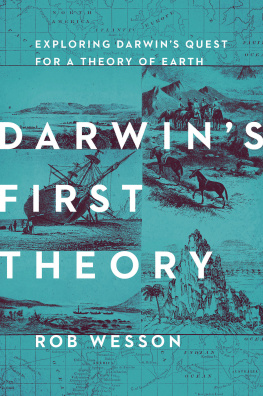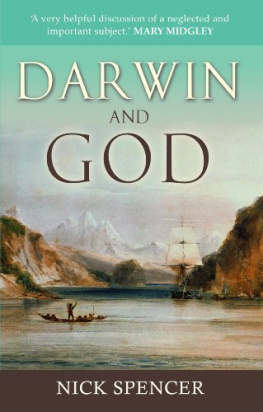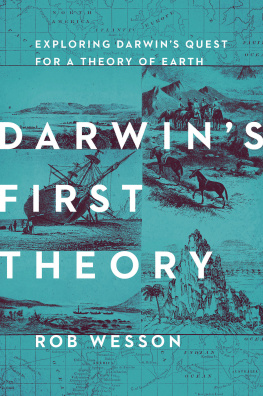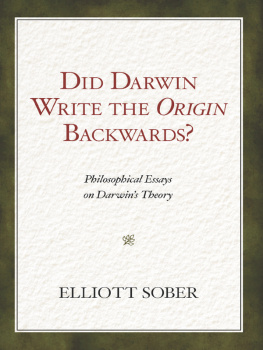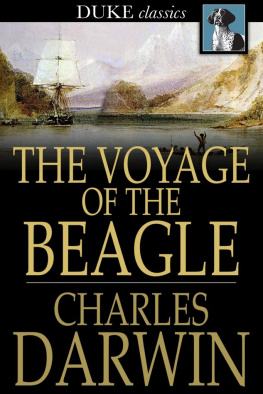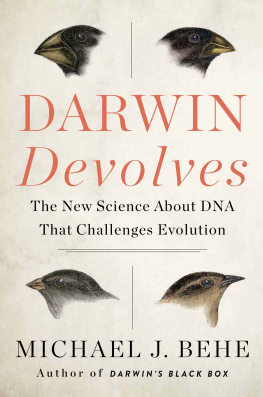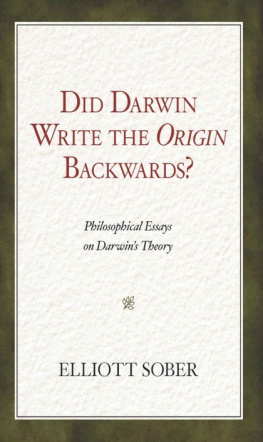First published in 1911
by Kegan Paul, Trench, Trbner & Co., Ltd.
This edition first published in 2018 by Routledge
2 Park Square, Milton Park, Abingdon, Oxon, OX14 4RN
and by Routledge
52 Vanderbilt Avenue, New York, NY 10017
Routledge is an imprint of the Taylor & Francis Group, an informa business
1911 Herbert Morse
All rights reserved. No part of this book may be reprinted or reproduced or utilised in any form or by any electronic, mechanical, or other means, now known or hereafter invented, including photocopying and recording, or in any information storage or retrieval system, without permission in writing from the publishers.
Publishers Note
The publisher has gone to great lengths to ensure the quality of this reprint but points out that some imperfections in the original copies may be apparent.
Disclaimer
The publisher has made every effort to trace copyright holders and welcomes correspondence from those they have been unable to contact.
ISBN 13: 978-1-138-49646-0 (hbk)
ISBN 13: 978-1-351-02142-5 (ebk)
ISBN 13: 978-1-138-49651-4 (pbk)
I WAS chiefly prompted to write this criticism on Darwins theory of Natural Selection, so strenuously advocated in his two great works The Origin of Species and The Descent of Man, by the re-awakened interest that the very numerous and very laudatory articles which appeared on Darwin, as a man, a naturalist, and a discoverer, on the occasion of the centenary of his birth, created and excited in the public mind.
One and all, with hardly an exception, eulogized Darwin to the skies. He was at once a great man, a great naturalist, and a great discoverer. His Law of Natural Selection, so they asserted, in its main outlines still held the field, though certain minor modifications might be necessary here and there, to bring it more thoroughly into line with recent discoveries and subsequent and more exhaustive speculations on the subject.
For many years past, like most other fairly educated men, I have been acquainted in a general way with Darwins theory as a whole, with the main contention that underlies it, and with the nature of the evidence that he was enabled to adduce in its support. But I had never, until prompted to do so by the reopening of the discussion, and the renewed interest in his works, which the celebration of the centenary of his birth inevitably provoked, made a deep and first hand study of those works for myself.
If you wish to understand a mans writings, go straight to the fountain head; think out and ponder over all he has to say, and never turn aside or be influenced by criticism, from however exalted a quarter it may come, until you have formed your own opinions on the meaning, and contents, of the work by original study.
Read the criticisms afterwards, and the more of them the better, especially if they proceed from all points of the intellectual compass. Keep an open mind, and let them confirm, modify, or reverse your opinion as the case may be. But read the original first. The majority of people,if they read at allespecially such works as The Origin of Species, read the criticisms first, form their faith second hand, and never really reach the point of original perusal.
The opinion even of the man in the streetand I claim for myself no higher authority than thatis always worth listening to, on any subject within his knowledge, and comprehension, provided that opinion is really his own, and is an honest and fearless expression of the conclusions he himself has arrived at.
I remember many years ago, when a student in the chambers of an equity lawyer, a man of the old school, with the mind of a judge, and the heart of a gentleman, now long gone to his rest, that the old lawyer would occasionally come in with a bundle of papers, and would say, I wish some of you youngsters would read this, and see what you can make of it: not, he would add significantly, that you are cleverer than I am, let there be no mistake about thatwe may, or may not have been, but he most assuredly did not think sofor he would add it is astonishing sometimes what light a fresh mind will occasionally shed on even a difficult subject. Out of the mouths of babes and sucklings wisdom does sometimes proceed, and things are occasionally revealed to them, which are kept hidden from the wise and prudent, and even from the discreet and learned ministers of the law.
Not that to criticise such works as The Origin of Species and The Descent of Man needs any apology. They are well within the compasswhen one is once acclimatized to the rather high-sounding phraseology in which they are couchedof any man of ordinary understanding. Anyone who can read and write, who has the ordinary powers of reasoning, and is possessed of some knowledge of the nature and value of evidence, is as capable of passing as sound an opinion on the value of the theory, that, that evidence endeavours to corroborate as any scientist of them all. It needs no laboratory preparation, no special knowledge of science in any single department, for the theory enunciated in these writings is really simplicity itself. And what is this wonderful theory of Darwins that has made such a commotion in the world, and on the strength of which many of Darwins most illustrious disciples, have assigned Darwin a place beside the great Sir Isaac Newton himself? A child could understand it, if there were anything in it really to understand. It is a poor frail ghost of a theory at the best. For it must always be remembered, that the idea of Evolution is not Darwins at all. It was well-known and thoroughly thought out and discussed by many of the ancients, such as Epicurus, Lucretius, and others. Indeed, it is one of those self-evident truisms that any observant boy might discover for himself. Again, as regards the Struggle for Existence, and the Survival of the Fittest, other self-evident truisms, the ideas were first propounded by Malthus, who applied them only to humanity, and Darwin merely took the ideas over and applied them to all organic life. What then remains of this revolutionising and epoch making theory, which Darwin can claim as peculiarly his own? Nothing but his idea of Natural Selection. And what is Natural Selection? Not evolution certainly, nothing but the method, means, or agent, by which evolution is enabled to persist; a mere tendency in nature to preserve what already exists, and which is worthy of preservation. It implies only the preservation of such variations as arise, and are beneficial to the being under its conditions of life! Those are Darwins own words, there can be no mistake about them, and with this very feeble and inadequate instrument, he endeavours to establish the tremendous proposition that all organic life, man himself included, is descended from a common stirps, stock, or progenitor, which appeared at any time between sixty million, and twenty million years ago upon the surface of the earth, in the shape of a piece of gelatinous substance, called by the chemists protoplastic proteid, and which contained within its prolific womb the seed of every living thing from the smallest microbe to man himself, which from that day to this has appeared upon the globe.


